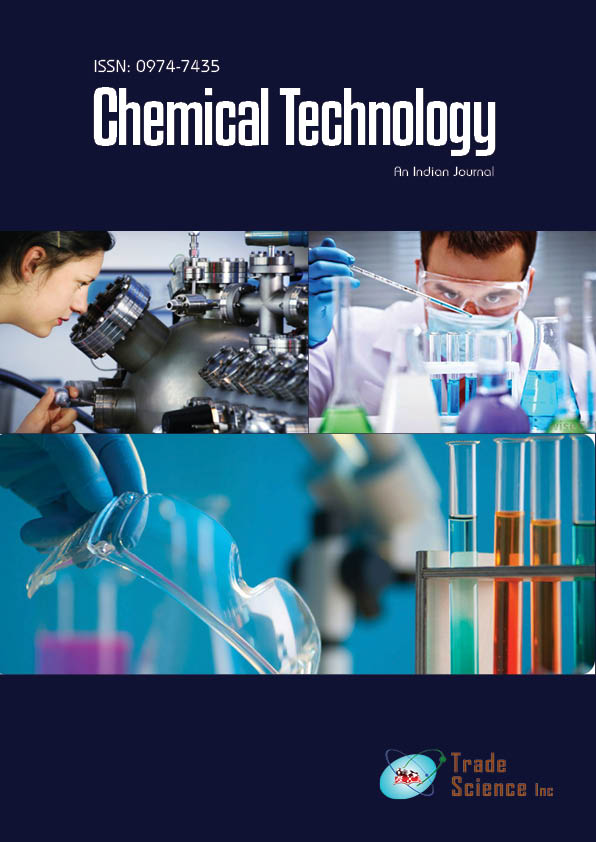Antimicrobial Agents Innovations
An antimicrobial is an agent that finishes microorganisms or stops their growth. Antimicrobial medicines can be grouped as per the microorganisms they act primarily against. For example, antibiotics are used against bacteria, and antifungals are used against fungi. They can also be divided according to their function. Agents that kill microbes are microbicidal, while those that merely stop their growth are called biostatic. The use of antimicrobial medicines to cure infection is known as antimicrobial chemotherapy, while the use of antimicrobial medicines to prevent infection is known as antimicrobial prophylaxis. The main classes of antimicrobial agents are disinfectants (non-selective agents, such as bleach), which kill a wide range of microbes on non-living surfaces to prevent the spread of illness, antiseptics (which are applied to living tissue and help decrease infection during surgery), and antibiotics (which destroy microorganisms within the body). The term "antibiotic" originally described only those formulations derived from living microorganisms but is now also applied to synthetic agents, such as sulfonamides or fluoroquinolones. The term also used to be restricted to antibacterials, but its context has broadened to comprise all antimicrobials. Antibacterial agents can be further subclassified into bactericidal agents, which kill bacteria, and bacteriostatic agents, which slow downs or stops bacterial growth.High Impact List of Articles
-
Structure Simulation and Study of Electronic and Dielectric Properties of Unfluorinated and Fluorinated 1,4 Lactone
Kirankumar BM, Nisarga KS, Neethashree DB and Sreepad HROriginal Article: Chemical Technology: An Indian Journal
-
Structure Simulation and Study of Electronic and Dielectric Properties of Unfluorinated and Fluorinated 1,4 Lactone
Kirankumar BM, Nisarga KS, Neethashree DB and Sreepad HROriginal Article: Chemical Technology: An Indian Journal
-
New process arrangements for upgrading of heavy oils and residua
Sepehr Sadighi, Reza Seif MohaddecyOriginal Article: Chemical Technology: An Indian Journal
-
New process arrangements for upgrading of heavy oils and residua
Sepehr Sadighi, Reza Seif MohaddecyOriginal Article: Chemical Technology: An Indian Journal
-
Production of calcium monohydrogenphosphate from sebaiya phosphate ore leached by nitric acid
A.A.El-Zahhar, M.M.Ali, A.M.Ahmad, A.A.El-AsmyOriginal Article: Chemical Technology: An Indian Journal
-
Production of calcium monohydrogenphosphate from sebaiya phosphate ore leached by nitric acid
A.A.El-Zahhar, M.M.Ali, A.M.Ahmad, A.A.El-AsmyOriginal Article: Chemical Technology: An Indian Journal
-
Application of newly synthetic HP- Cr-III-containing mica- like structure meso-porous clay for stepwise remediation of industrial
water-drains from some toxic heavy metals
Khaled M.Elsabawy, Waheed F.El-Hawary, A.El.MaghrabyOriginal Article: Chemical Technology: An Indian Journal
-
Application of newly synthetic HP- Cr-III-containing mica- like structure meso-porous clay for stepwise remediation of industrial
water-drains from some toxic heavy metals
Khaled M.Elsabawy, Waheed F.El-Hawary, A.El.MaghrabyOriginal Article: Chemical Technology: An Indian Journal
-
Removes MTBE from air-water and transfer it from environment by single-wall carbon nanotube (SWNT): Ab initio
L.Mahdavian,M.RaoufOriginal Article: Chemical Technology: An Indian Journal
-
Removes MTBE from air-water and transfer it from environment by single-wall carbon nanotube (SWNT): Ab initio
L.Mahdavian,M.RaoufOriginal Article: Chemical Technology: An Indian Journal

